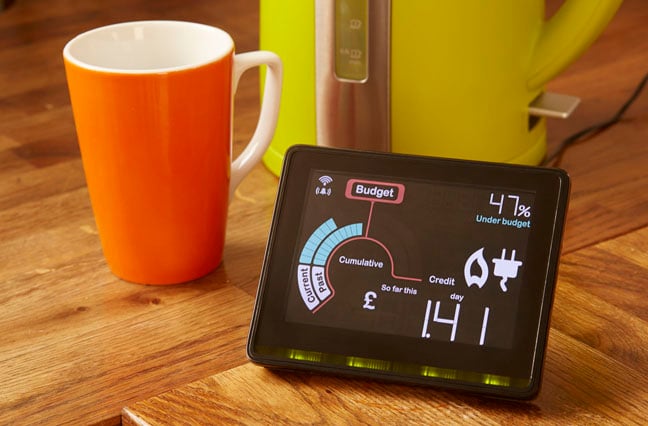- cross-posted to:
- technology@lemmy.world
- cross-posted to:
- technology@lemmy.world
Millions of smart meters will brick it when 2G and 3G turns off::Public Accounts Committee demands timetable for replacements, because things have run so smoothly so far…
Honestly, I work for an iot Mobile network provider, the amount of devices that will brick if 2G will be turned off is massive. Especially the cheaper ones that only have 2G/3G modems on board. And not only are they the most likely to brick, but also the most unlikely to be fixed.
Those bands have great uses too imo, further range than 5g, great for beacons, telemetry, low bandwidth send and recieve. Could be really useful and the only upside of discontinuatuon is maybe they’ll let me and the other amateur radio operators play around on segments of those bands eventually. All the stuff you kick off the 2/3g networks will need to be updated and start clogging the 5g bands. Needless traffic on frequencies that could be reserved for denser traffic. Im sure profits will rise slightly for maybe a year or two though, so clearly a worthwhile decision.
They aren’t going to disallow the usage. They are just going to stop using the old hardware and deploy new generations of hardware on that frequency
There aren’t “5g bands”. The reason they shut down 2g/3g is to reuse the spectrum for 5g.
I see this sort of thing all the time.
There’s a disconnect between the time scales for industrial equipment and the time scales for IT and telecommunications. A PLC running a factory might last 30 years, but the software to program and troubleshoot it won’t run on modern operating systems or computers. The company doesn’t want to spend hundreds of thousands of dollars to upgrade it when there’s nothing wrong with it.
Same with telecommunications - POTS worked for a century, and over the last decade we’ve seen it largely disappear, which makes fire alarm panels everywhere inoperative. We recently ran into an issue where a fire marshall refused to allow anything but POTS and all of the non-end-of-life hardware only supported IP.
For those like me who don’t know
https://en.m.wikipedia.org/wiki/Plain_old_telephone_service
Also it’s pretty ridiculous to have fire alarm systems be dependent on electricity and Internet…
It’s difficult to eliminate the use of electricity, although generally you’d have them on a battery backup.
Internet is required to contact the fire department or other emergency center (these panels tend to do more than just fire). Used to be just phone lines using a touch tone code, but phone lines are going away. They’re pushing hard for cloud solutions now for security panels - I imagine fire will go that way soon enough.
Not so smart now are they
They should have thought about this before they became exclusive to 2G and 3G
This is the best summary I could come up with:
The report echoes an earlier one by the National Audit Office (NAO), which found that as of March 2023, energy companies had rolled out the devices to just 57 percent (roughly 32.4 million out of a potential install base of 57.1 million) homes and businesses.
It asks both to set out “what they will do to ensure suppliers assign more importance than at present to replacing those smart meters not functioning properly” and “a timetable for replacing the communication hub element of smart meters that will lose functionality when the 2G and 3G mobile networks are switched off.”
It is hardly surprising the PAC, which studies public audits such as those written by the NAO, is concerned about deadlines because the smart meter project has missed plenty so far.
The scheme started in 2012 when government placed the legal burden on energy suppliers to ensure they’d complete the smart meter rollout by 2019.
The PAC also want DESNZ and Ofgem to outline “measures to ensure that suppliers use future-proofed technology – for example, by excluding 2G or 3G connectivity – in all new smart meter installations.”
And it wants the department and the energy watchdog to detail program costs to Parliament on an annual basis to inform decisions about the rollout.
The original article contains 495 words, the summary contains 211 words. Saved 57%. I’m a bot and I’m open source!
Is the primary reason 2g is insecure and 3g has phat channels?





